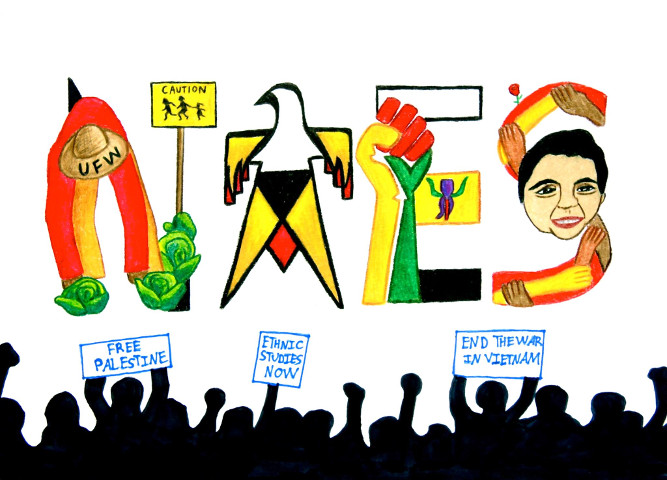Explorations in Ethnic Studies

Orginal Publication Date
1979
Journal Title
Explorations in Ethnic Studies
Volume
2
Issue
ees/vol2/iss2
First Page
27
Last Page
29
Abstract
In the beginning the history of slavery was written in political and institutional terms, and very little attention was paid to what the day-to-day participants in this odious adventure had to say. With time, historians realized they had to take into account personal views, feelings, and reminiscences of the participants, but this realization brought about predominantly the recollections and opinions of white people. This was so because it was generally accepted that most black people were illiterate and had little to say for themselves. It was understood also that when they said anything, it would be exaggerated and self-serving and, consequently, would be of little historical value. Exceptions, of course, were made for people like Frederick Douglass, William Wells Brown, and Solomon Northrup because, clearly, they were extraordinary.
Rights
Copyright, ©EES, The National Association for Ethnic Studies, 1979


